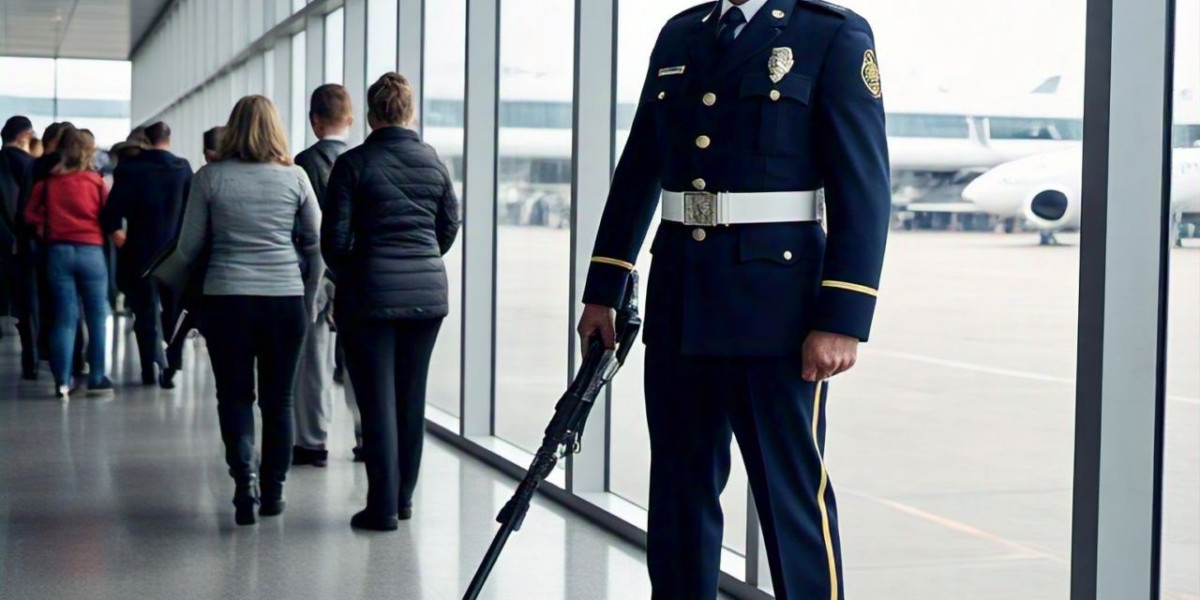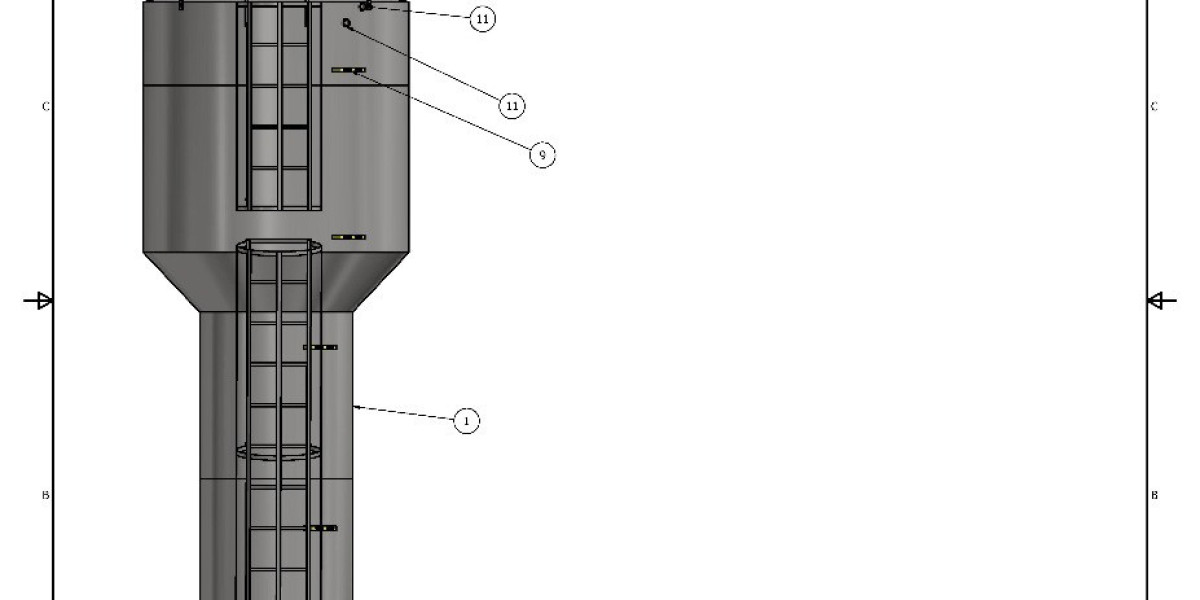The Role of Security Guards in Airport Security
Introduction: Understanding Airport Security
Airport security is a critical component in ensuring the safety of passengers, employees, and the general public. One of the most prominent elements of airport security is the role of security guards. These professionals are responsible for maintaining order, preventing incidents, and responding to emergencies. The presence of security guards provides a visible deterrent against potential threats and enhances the overall security infrastructure of airports.
Why Security Guards are Essential in Airports
Security guards in airports perform a variety of essential functions that help keep operations smooth. From screening passengers to monitoring surveillance cameras, their roles are diverse. Security guards serve as the first line of defense against criminal activities and potential security breaches. Their presence contributes significantly to the overall safety of the facility, ensuring a secure environment for travelers and staff alike.
Screening and Passenger Safety
One of the main duties of airport security guards is to assist with passenger screening. This includes checking passengers' carry-on bags, conducting body scans, and ensuring compliance with safety regulations. Guards ensure that no dangerous items, such as weapons or explosives, are brought into secure areas. Their vigilance and training make them an integral part of the security process, allowing passengers to feel safe and confident during their travels.
Monitoring Surveillance Systems
Security guards are responsible for monitoring the vast network of surveillance cameras that are installed throughout airports. These cameras capture live feeds, which help guards identify suspicious behavior, unusual activity, or security threats. By actively monitoring these systems, guards can respond swiftly to prevent or address potential threats before they escalate.
Patrolling the Airport Grounds
In addition to monitoring cameras, security guards are tasked with patrolling various areas of the airport, both inside and outside. This includes high-traffic areas such as terminals, gates, and baggage claim areas. Patrolling helps maintain order and detect any suspicious activity or unauthorized access to restricted zones. Security guards ensure that all areas are secure and free from hazards, contributing to the overall safety of the facility.
Responding to Emergency Situations
In emergency situations, security guards are often the first responders. Whether it's a medical emergency, fire, or security breach, they are trained to react quickly and efficiently. Their knowledge of emergency procedures enables them to handle situations with confidence and ensure the safety of everyone in the vicinity. They can also coordinate with law enforcement and emergency responders to manage critical incidents effectively.
Coordinating with Law Enforcement
While security guards have a crucial role in maintaining safety, they often work closely with law enforcement agencies. In the event of a significant security threat, security guards act as the eyes and ears on the ground, providing real-time information to law enforcement. This collaboration enhances the effectiveness of security measures and ensures that any threats are dealt with swiftly and professionally.
Enhancing Passenger Experience through Security
A key aspect of airport security is balancing safety with a positive passenger experience. Security guards contribute to this balance by offering assistance, answering questions, and providing directions. Their friendly yet professional approach can ease passengers' stress during the security process, making their journey more pleasant. Ensuring a smooth security experience is an integral part of keeping airports running efficiently.
Training and Expertise of Security Guards
The training and expertise of airport security guards are vital to their effectiveness. Guards undergo specialized training to handle various security scenarios, including dealing with potential threats, managing crowds, and understanding airport protocols. This training ensures that security guards are prepared for any situation they might encounter while on duty.
Technology in Airport Security
In recent years, technology has become a crucial tool in airport security operations. Security guards utilize advanced security systems, including biometric scanners, automated surveillance systems, and alarm detection technologies. These tools help guards monitor large areas more efficiently, improve their response times, and provide a higher level of security for the airport.
Preventing Terrorist Threats
Security guards play a critical role in preventing terrorist activities. By screening passengers, monitoring suspicious behavior, and working alongside other security agencies, they help mitigate risks associated with terrorism. Their vigilance, combined with the latest security technologies, ensures that airports remain secure and that passengers can travel without fear of imminent threats.
The Importance of Communication in Security Operations
Clear communication is essential in airport security operations. Security guards are often required to communicate with other personnel, law enforcement, and emergency services to ensure a coordinated response. Effective communication allows for the smooth operation of security procedures, quick identification of risks, and timely resolution of potential threats.
Managing Threats and Conflict Resolution
Security guards in airports are trained to manage various types of threats, including physical altercations, passenger disputes, and attempted theft. They possess conflict resolution skills that help de-escalate tense situations and prevent violence. Their ability to maintain calm and resolve issues peacefully is crucial for ensuring the safety of everyone in the airport.
Conclusion: The Future of Airport Security Guards
As airport security continues to evolve, the role of security guards will remain central to maintaining safe and secure environments. Their responsibilities will likely expand with the integration of new technologies and the ever-growing need for enhanced security measures. Security guards will continue to be a crucial part of the airport security team, ensuring that air travel remains safe for everyone.
For more information on professional security services, you can visit Security Guard Services.
FAQs
What is the role of security guards at airports? Security guards at airports are responsible for screening passengers, monitoring surveillance systems, patrolling airport grounds, and responding to emergencies.
How do security guards contribute to passenger safety? They ensure that passengers comply with safety regulations, prevent the entry of dangerous items, and maintain a secure environment.
Do security guards work with law enforcement at airports? Yes, security guards often collaborate with law enforcement agencies to manage threats and emergencies effectively.
What type of training do airport security guards undergo? Airport security guards receive specialized training in security procedures, emergency responses, conflict resolution, and the use of advanced technology.
How do security guards enhance the passenger experience? By offering assistance, answering questions, and maintaining a calm and professional presence, security guards help make the security process less stressful for passengers.
What technologies do security guards use at airports? Security guards use advanced technologies such as biometric scanners, surveillance cameras, and alarm detection systems to enhance airport security operations.








